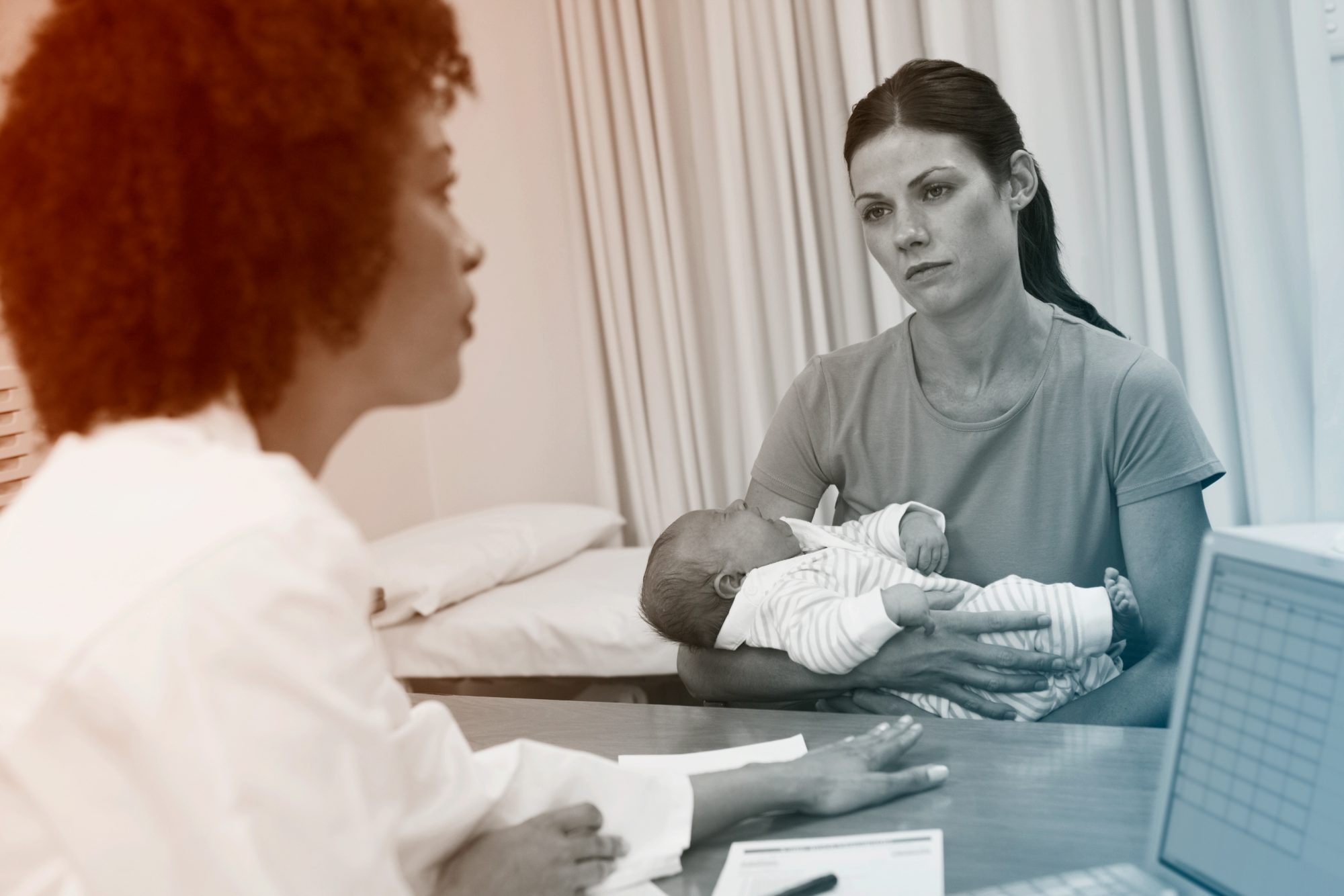A Quick Guide
Have you been feeling low ever since the birth of your child? Are you finding it difficult to manage your emotions? Has your sleep cycle been disturbed? Do you find yourself eating more than usual or not anything at all? Are you having trouble bonding with your child? If your answer is yes to most of these questions, chances are you may be suffering from postpartum depression, also called baby blues. It is a widely recognized and prevalent psychological condition that occurs in many women during or after pregnancy. Since depression and pregnancy go hand in hand, it is essential to conduct postpartum depression screening to identify and manage the symptoms.
Postpartum depression screening
Regular medical checkup during and after pregnancy is a standard process that almost every new mother goes through. However, only 18% of women get help for psychiatric illnesses during pregnancy. A major challenge is that many gynecologists and pediatricians have inadequate training in recognizing symptoms of depression. Likewise, they are unable to identify or conduct postpartum depression screening.
Edinburgh postnatal depression scale
A routine screening instrument that is used to screen postpartum depression in pregnant women is ‘Edinburgh postnatal depression scale’. It includes 10 statements that measure symptoms of postpartum depression while considering the past seven days in context. Four options are provided with each statement. So that the individual can indicate how much it applies to her life. You may access this scale by following this link.
Other Screening options
Similarly, two Woolley questions are also inquired of women during pregnancy and 4-6 weeks after pregnancy. The questions are:
During the past month, have you often been bothered by feeling down, depressed, or hopeless?
During the past month, have you often been bothered by a little interest or pleasure in doing things?
If the answer to both questions is yes, the psychiatrist or mental health professional may screen out these women. And investigate further to see if a formal diagnosis is required.
What to do if you recognize Postpartum depression symptoms in yourself?
Even though every pregnant woman should get assessed and screened for postpartum depression, this does not usually happen in practice. If you think you have symptoms of postpartum depression, ask your doctor to give you a self-screening questionnaire and accordingly refer you to the appropriate mental health specialist.
If you think you need professional help, you may set up an appointment with a therapist so that you can access psychotherapeutic services on a regular basis and learn to deal with your symptoms of depression while pregnant.
We hope the above article was useful for you in understanding postpartum depression. To find out more about depression, check out the related articles.



 Healing Your Inner Child: A Short Guide
Healing Your Inner Child: A Short Guide  What You Need to Know About Trauma & its effects
What You Need to Know About Trauma & its effects  Dealing with a Narcissistic Parent: Strategies and Support
Dealing with a Narcissistic Parent: Strategies and Support  Understanding the MBTI Personality Types
Understanding the MBTI Personality Types  Understanding the Big Five Personality Traits
Understanding the Big Five Personality Traits  Body Image: what it entails and how it affects you
Body Image: what it entails and how it affects you